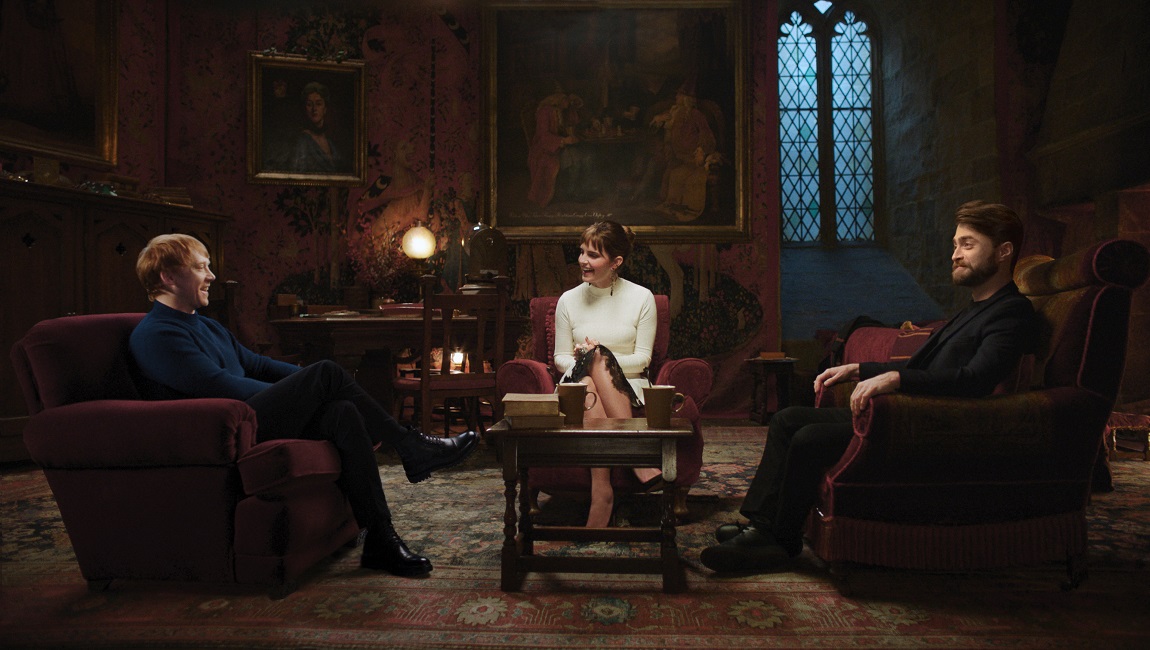The Starling is merely the latest by-the-numbers “issues” flick in Theodore Melfi’s bland filmography.
It seems that director Theodore Melfi has never met a subject where he felt he couldn’t sand off its rough edges and inherent coarseness and turn it into utter pablum, whether it be the devastating effects of divorce on children (St. Vincent) or the entire Civil Rights Movement and its intersection with workplace equality (Hidden Figures). That trend continues with The Starling, in which Melfi, reunited with his St. Vincent star Melissa McCarthy, tells the story of a married couple dealing with the devastating loss of their child. Husband Jack (Chris O’Dowd), following an attempted suicide, has retreated to the relative safeness of a mental health facility, blaming himself for his daughter’s death as a result of SIDS; wife Lily (McCarthy) has been unable to go through the proper grieving process due to the distraction of her husband’s depression and a general unwillingness to confront the inevitable. But the sudden appearance of the titular bird in her front yard forces Lily to break out of her comfort zone, serving as the ultimate metaphor as she seeks therapy from a local psychiatrist turned veterinarian (Kevin Kline) who uses the bird as an excuse for intermittent sessions. As Lily attempts to deal with the surprisingly agile and violent animal, she inadvertently tackles the five stages of grief, because of course she does. And every once in a while, an original tune from the likes of The Lumineers and Brandi Carlile fills the soundtrack as characters do various activities while looking sad, because when “bland” is your mode, why not pile on?
The script for The Starling, courtesy of first-time screenwriter Matt Harris, has been on the Hollywood Black List for 18 years, which should tell you everything you need to know about the film. But in fairness, like Melfi’s previous efforts, The Starling is by no means a terrible movie; he at least always manages to get notable, committed performances from his stacked casts, and this one is no different. McCarthy, freed from the shackles of her atrocious filmmaker husband Ben Falcone, delivers a strong dramatic performance that may lack the nuance of her work in Can You Ever Forgive Me?, but nuance is never Melfi’s intent, and so her work here maximizes the material. O’Dowd, for his part, fares better, delivering a legitimately great performance and executing a killer monologue near the film’s end about the lifelong effects of depression that should earn him plenty of more opportunities for serious fare in the future.
But despite that high point, the problem is that everything here is too derivative and heavy-handed, its emotionally manipulative streak visible from space. And Melfi’s direction is as standard as can be expected, ladling on the Golden Hour shots whenever his characters are going through some sort of emotional catharsis, or rain-filled gray skies when they are sad. In a rather surprising development, there is more CGI in this production than the last three Star Wars films combined, and none of it is ever convincing. The bird is entirely a creation of zeros and ones and looks about as refined as that sounds, as are the various bits of trash it picks up for its nest, an obviously necessary touch. The entire film suffers from an obvious case of Green Screen-itis, with even something as innocuous as a car skidding on a rain-soaked highway is rendered digitally, because apparently no stunt drivers don’t deserve work. That’s not to pile on, but to speak to a general, pervasive laziness that seems to drive the entire production. Still, a film that has Kline stroking what appears to be a narcotized cat while uttering the words “I don’t rap” can’t be a complete loss, so there we are. The Starling is undoubtedly for the birds, but Melfi’s expected inoffensiveness makes it impossible to outright hate it; that would imply the film is capable of provoking any kind of reaction other than a blank stare.
You can catch Theodore Melfi’s The Starling in theaters beginning September 17 or streaming on Netflix beginning on September 24.
Originally published as part of TIFF 2021 — Dispatch 4.







